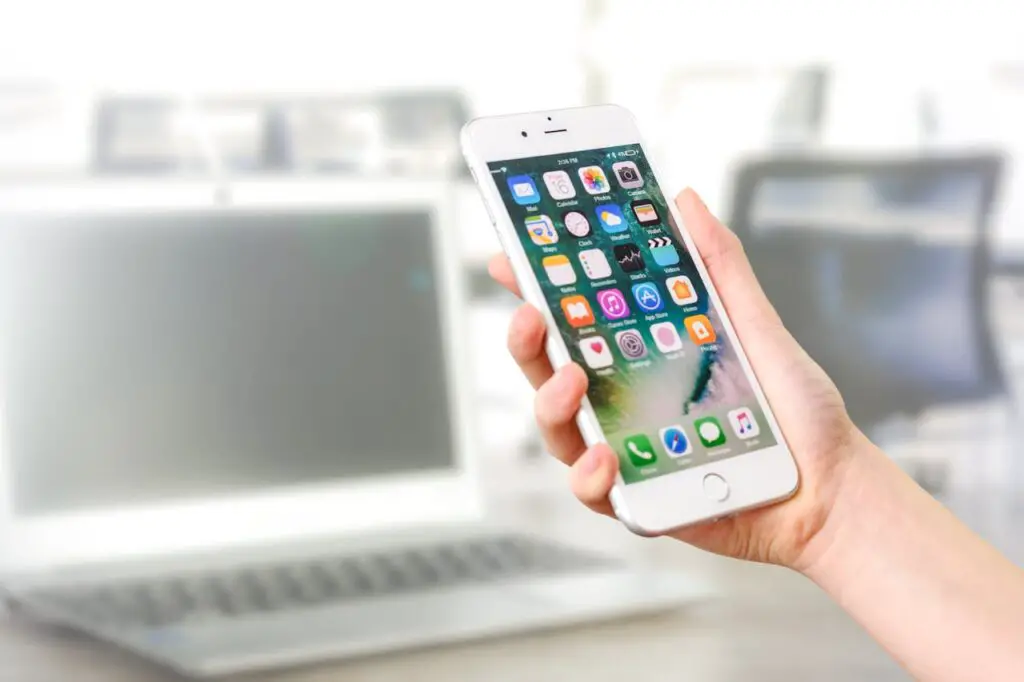
6 Budgeting Apps : Navigating Your Finances
Budgeting apps have become indispensable tools in today’s fast-paced world, offering individuals a streamlined way to manage their personal finances. With the rise of budgeting apps, staying on top of expenses, tracking income, and achieving financial goals have never been easier.
In today’s fast-paced world, managing personal finances can often feel like a daunting task. With numerous expenses, varying income streams, and a multitude of financial goals, it’s easy to feel overwhelmed. However, thanks to the advancements in technology, budgeting apps have emerged as powerful tools to help individuals take control of their finances. In this article, we’ll explore the world of budgeting apps, their benefits, features, and how they can revolutionize the way you manage your money.

Understanding Budgeting Apps
Budgeting apps are software applications designed to help users track their income, expenses, and overall financial health. These apps offer a range of features, from basic expense tracking to sophisticated budgeting tools and financial insights. Whether you’re a seasoned investor or just starting to take control of your finances, there’s a budgeting app out there to suit your needs.
Benefits of Budgeting Apps
- Enhanced Financial Awareness: Budgeting apps provide users with a clear overview of their finances, allowing them to see exactly where their money is going. This increased awareness can help individuals make more informed financial decisions and identify areas where they can cut back on expenses.
- Goal Setting and Tracking: Many budgeting apps allow users to set financial goals, such as saving for a vacation or paying off debt. These apps then help users track their progress towards these goals, providing motivation and encouragement along the way.
- Expense Tracking: One of the core features of budgeting apps is expense tracking. Users can easily categorize and track their expenses, making it easier to identify spending patterns and areas where they can potentially save money.
- Budgeting Tools: Budgeting apps often come equipped with budgeting tools that allow users to create personalized budgets based on their income and expenses. These tools can help individuals allocate their funds more effectively and avoid overspending.
- Accessibility: With budgeting apps available on smartphones, tablets, and computers, users can access their financial information anytime, anywhere. This accessibility makes it easier to stay on top of finances, even when on the go.

Popular Budgeting Apps
Mint:
Mint is one of the most popular budgeting apps on the market, known for its user-friendly interface and comprehensive features. With Mint, users can track expenses, create budgets, and receive personalized financial insights.
YNAB (You Need a Budget):
YNAB takes a proactive approach to budgeting, encouraging users to assign every dollar a job. The app focuses on zero-based budgeting, where income minus expenses equals zero, helping users prioritize spending and saving.
Personal Capital:
Personal Capital is a budgeting app geared towards investors, offering tools for tracking investments, retirement planning, and net worth analysis. The app also provides personalized investment advice based on individual financial goals.
PocketGuard:
PocketGuard is a budgeting app that focuses on simplifying financial management. The app automatically categorizes expenses, tracks bills, and identifies opportunities for saving money, making it ideal for users looking for a hassle-free budgeting solution.
EveryDollar:
Developed by financial expert Dave Ramsey, EveryDollar is a budgeting app based on the principles of his popular financial management program. The app helps users create monthly budgets, track expenses, and monitor progress towards financial goals.
Good Budget:
Simulates the traditional envelope budgeting method with virtual envelopes for different spending categories. Goodbudget has a free and a paid tier.
Tips for Choosing the Right Budgeting App:
- Consider Your Financial Goals: Before choosing a budgeting app, consider your financial goals and priorities. If you’re focused on investing, a more robust app like Personal Capital may be a better fit. However, if you’re primarily interested in basic budgeting and expense tracking, a simpler app like PocketGuard may suffice.
- Evaluate Features: Take the time to evaluate the features offered by different budgeting apps. Consider whether you need features like investment tracking, bill reminders, or debt payoff calculators, and choose an app that aligns with your needs.
- Read Reviews: Reading reviews from other users can provide valuable insights into the strengths and weaknesses of a budgeting app. Look for reviews that highlight usability, customer support, and overall satisfaction with the app.
- Test Drive Multiple Apps: Many budgeting apps offer free trials or basic versions with limited features. Take advantage of these offers to test drive multiple apps and determine which one best suits your preferences and financial goals.
- Prioritize Security: Since budgeting apps deal with sensitive financial information, it’s essential to prioritize security when choosing an app. Look for apps that use encryption to protect your data and have robust security measures in place to prevent unauthorized access.

You can also read tips for effective relationship.
In Conclusion:
Budgeting apps have revolutionized the way individuals manage their finances, offering a range of features and benefits to help users take control of their money. Whether you’re looking to track expenses, set financial goals, or invest for the future, there’s a budgeting app out there to suit your needs. By leveraging the power of technology, you can gain a clearer understanding of your finances and work towards achieving your financial goals with confidence. So why wait? Download a budgeting app today and take the first step towards financial freedom.






